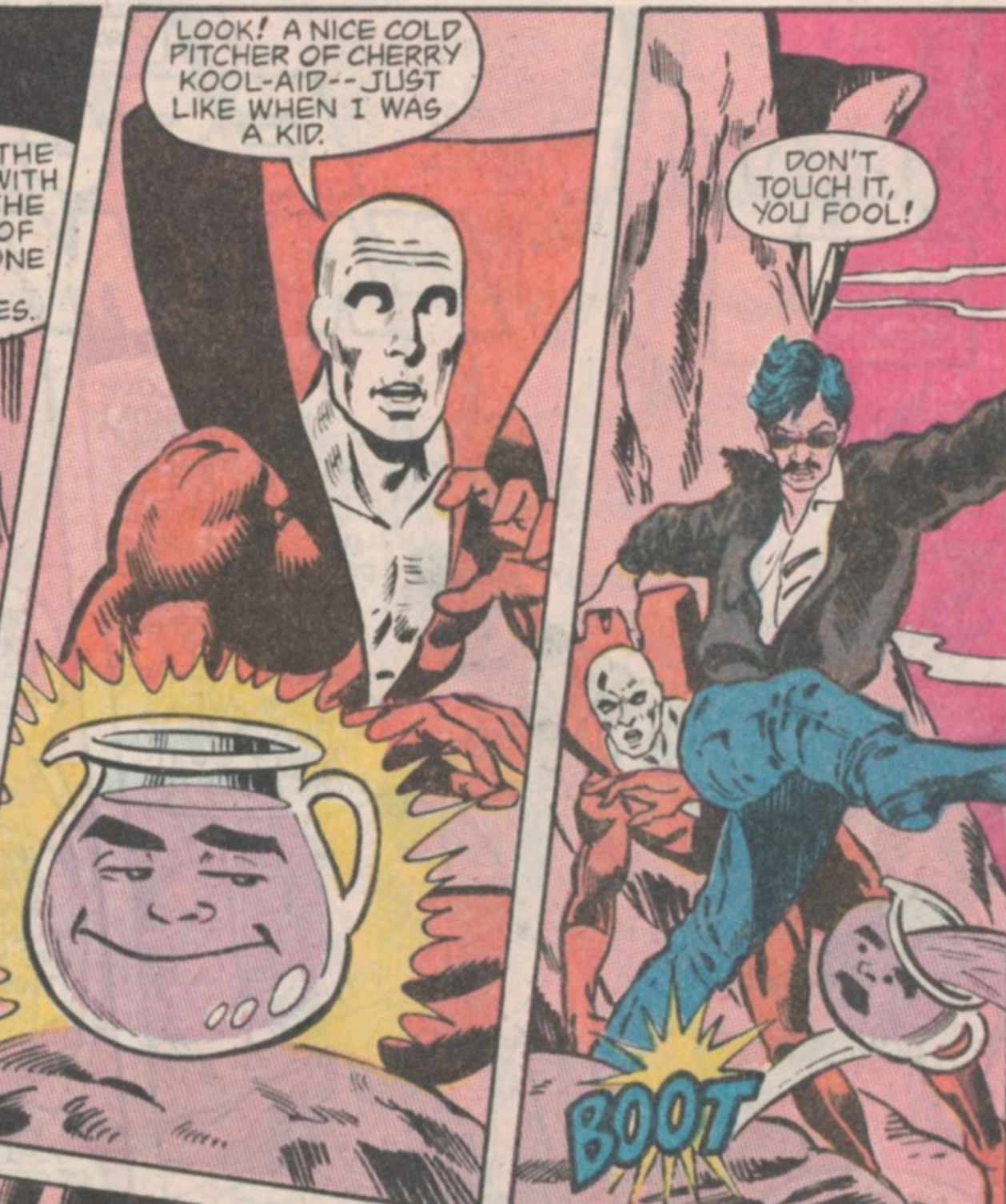UI: ComfyUI
Model: STOIQNewrealityFLUXSD_F1DAlpha
Five people are standing on a hillside.
From left to right, the first person is a girl. The second person is a boy. The third person is a boy. The fourth person is Sailor Moon. The fifth person is Darth Vader.
The image is a silhouette.
The image is a black-and-white vector illustration.
hillside-workflow.json.xz.base64
/Td6WFoAAATm1rRGBMCXDaJaIQEWAAAAAAAAAAJ+OnjgLSEGj10APYKAFxwti8poPaQKsgzf7gNj
HOV2cM7dN97GoIvoTF/iSMYEQoJZBJzI3UDxBXrl3MvcMb5e6h3lATBYjawf1klb5xXG0y783VSu
rsL7JTqCcpc7ml6EBcQysA/lczXi4/z4NEU2MzJ6gMxLs5qhHCWRzV2fkgD1H3KHbl2of4CNliwR
JNef6hoZP4HFMLybTP66HNwa0oszmGtepDwWHXSrlYVAso8imkQU11LM4qXGRXQKKo6EvjyTeYPG
eZvQb4FxhvQIkQHLQWfLOyENpBMbl2mOgW0siOFXT72aS9mBHSeYP8AzU1giF+yk4IQh8W8UCh+k
wncXTpG2M2mdiF0t0fMlAoOmMD0dDDSlpTIhgkEUgqjuFzi7YRnIgI9xJ4RbMQqrVgcEj4C8LWsP
q8Pt9DnxVUmUQXwS04QFJpghbh6a73UsV1kjFiQZ9yo4RhR5ouTehVLXwyXn9E0/MW3nIZGdW6cW
BqD/FwjDedfDigE0VsQAWD9OfH1I4pjkNePpmoHErOG2KQ9vec7Rd5iPWUIgxnBiNdg8Hczv3Ggy
e02Chw1yzKXcTaIVW6tMxm5H62cyRRwy5a0Rn3KVLVQTyaZt2f+GplozjiLe3T1X8E7sKPoVWNsX
cVGRPGouZdNO00VQlpmaKnpf9BXG+ujVGn0WCzsTBZZLqJNfGE5CwOMGqqib2L3pNFfDThiFFYLs
Bfs4RXa44G+ecsWZig3N8by/vlm8WQFqFXytkdrd0gE8MYxhJY9tLYQ7wlUSZl1e249UHfijs1jT
YsZBWDQtD6cUVDfesKtrnvoWh9PWnHG85pBT5MSechav895DCwK93d7kbSb1/JciGOFAKmr3aovm
8LkMp6kx4c1dfOaMbpKVzCVVjCadSxwWwQCTY07CnSirPHcs9tosTbhxKMol83kFKDpvpGVMR3PA
RegYcxz8h9zXFyYFJSu6kkoCytJP1R5TTsiwd41qXBXGNHbMoZqW/6RNGjEKUFUennerbbOHh5qF
BCEeBwq8LG/Whzm8tNXkZmTZoXwrIc/QHTlb30YhOvJMxkHCQcIdlDslguBo7y0PtMgFcw31VBdE
5U1XWCQBRp42X2/3SP1XZ1ZFRQO28wmBKNjtVNGbygg2egVH4++ZtSR66YzkASCCd8lVfPFh6chN
y4HHcI4q8mBtQpkHVMiFAFy5HSDAei4ALvurxFgkYtUEcnxg6g8yCTi2ckyadeTtkD6apI59oXZc
RPgFl7gv+ymbdMU+eDdssbzZTU3ohEcWFT8DaQH72HVYQ3iQYzWuM3ZqgBLZOcITo9sVlTkGWu9b
jIzAbhjX0/T37IP1gI8STGPPvkPx30tgpxvBeB993CjvqsIJnoHStKprL9XjOmrXq082jg4WNCyb
2kJ9pr8RPEtxFGAqzS+Gv4xsBXknU2m78CBzR6koTR57u+VtjUntGNOOCZQqDVLQwNocOiSbqBGh
414GGn5/MiFXTTp5L+v8f4LtdioC10NNX0S7rJ2JV0ZrarJJOm0uDrkHqh/X98qqfRPo3XQbOxro
l5bXXTRERZ3O9vAQ8Rxje7MbaTgDITWPHPZNVtkkKek0aOCuZX0SULD+QuSHgTvZD+qYKsEBb2zS
RhLDWWGZ1t3ZK/0AIX5mLRkUcDD4Ma9Bp+psoF6fOHnL+fSYZvF5QlMYw06Cr6/K/9+Sd3kvlkJP
2HyhiwZXVZ9+cqNnyfT6Z4U+jJOVJEtizncn1ME940TR620zKyMs4TtYf6qr7SUE7m7l/V40hQlU
bIbkxT4lHw84RwTaMCREdpFWrnDqa1w43KPyuMdvVEtaGnS3jzFnZ6juZpK7ECN3LFNysCTs3tcP
epiVx/Da9kjzXRR9DdEsLNwcIZYcWws+ZligYlAC60t5bRrN/5R/2m5Wx1hTIRSWABTretxQO9j7
wxgeg17xZaUXXb5droPkCkzazTnyKk7iRvh02V42erTsg7wiV1KHkxn9ED1JVcj0JNNpg26SNI5X
iSbJI6fhC3zHbSNfnr4TNkzwyvyv4U244hWmzWfmtWOuh7+25H8sTBb6KK3zaweZvqEZZEPnfcV/
lfW8cwpMtiQBAfV7zSVsgnRtqSubeC+fgsO4RfMBVkzZojTiKnPUkmrPmLmBgltK+NNwm5OKXxaJ
k4mcPHI4WVsF3e02uFPg9Q01HAhCRsPsLS+raTU7kcE+jE6BxXNsBZXUoftTXhWV0c8dQjyURdvn
bJVqt8y6QgAAADz2lXD9H1KFAAGzDaJaAABfC9IhscRn+wIAAAAABFla












https://en.wikipedia.org/wiki/Johan_de_Witt